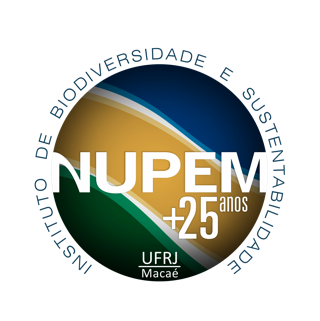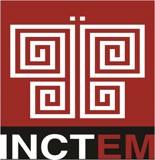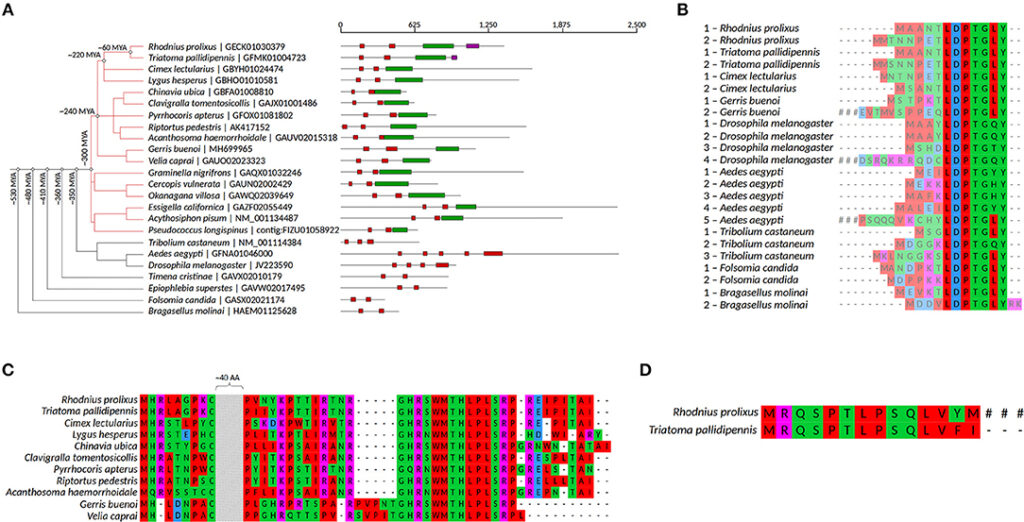Nunes da Fonseca Research Group
Evolutionary Developmental Biology of neglected arthropods and agricultural pests:
Our group is particularly interested in understanding how cells become mature (differentiated) from precursor populations during embryogenesis. Particularly, we are interested in understanding how changes in global gene expression patterns (transcriptomes, methylomes) are converted into changes in cell morphology and function (morpho functional changes).
Our group is interested in three research topics:
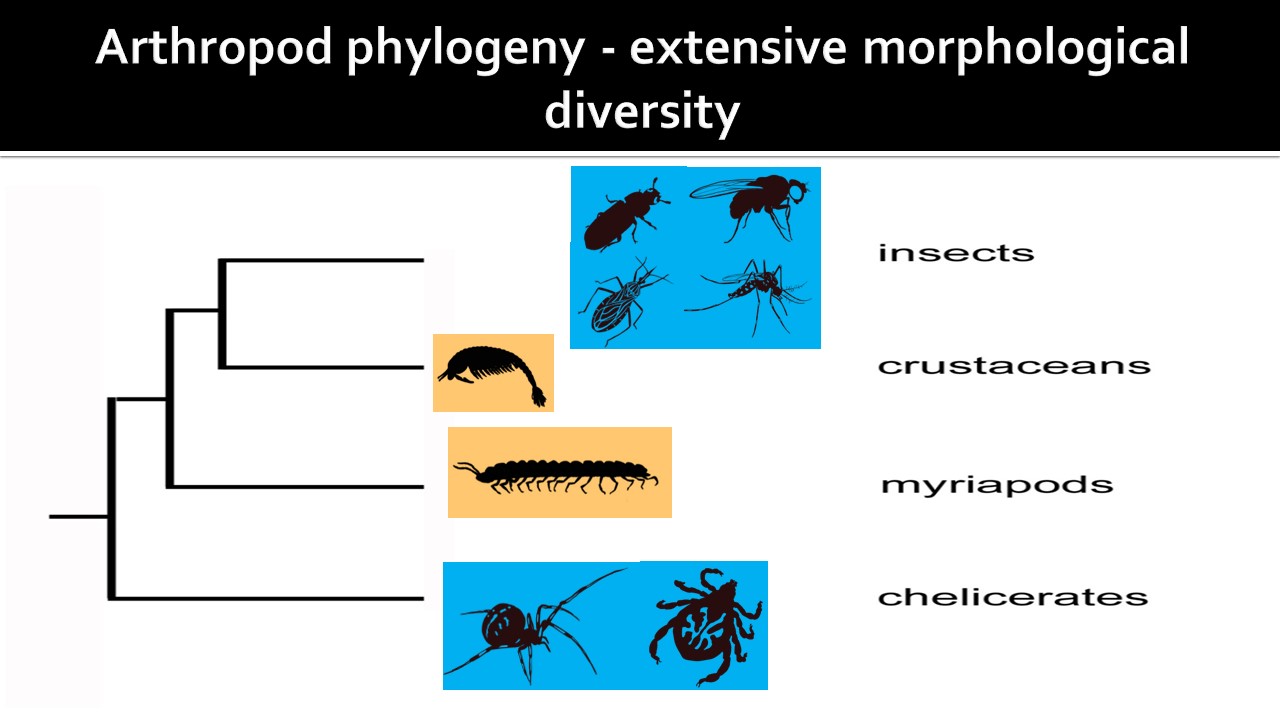
1. Establishment of new arthropod species for Evo-Devo studies in Brazil
Most studies of developmental biology and genetics in insects have been performed in the fruit fly Drosophila melanogaster (Diptera). In the past years we have established alternative model systems in the laboratory such as the kissing bug Rhodnius prolixus, the tick Rhipicephalus microplus and the mosquito Aedes aegypti to study the interplay between development, morphogenesis and gene function using a comparative approach.
2. Studies of the evolutionary changes observed in the earliest stages of embryonic development
During these early stages messenger RNAs from the mother are replaced by those from the zygote, the so-called maternal-zygotic transition (MZT). Axis formation (anteroposterior and dorsoventral) and germ layers are also established during these stages.
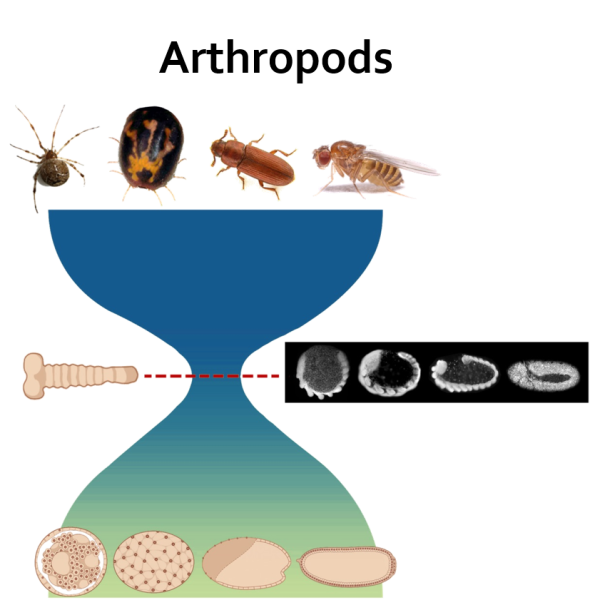
3. Evolution of genes encoding small open reading frames and their roles in embryogenesis and vector capacity
In the past years, genes encoding ORFs smaller than 100 amino acids were identified as major players of development and disease. Our group focuses in the bioinformatic identification of genes encoding smORFs and in the characterization of their biological roles in arthropods.
Nunes da Fonseca Research Group
Evolutionary Developmental Biology of neglected arthropods and agricultural pests



